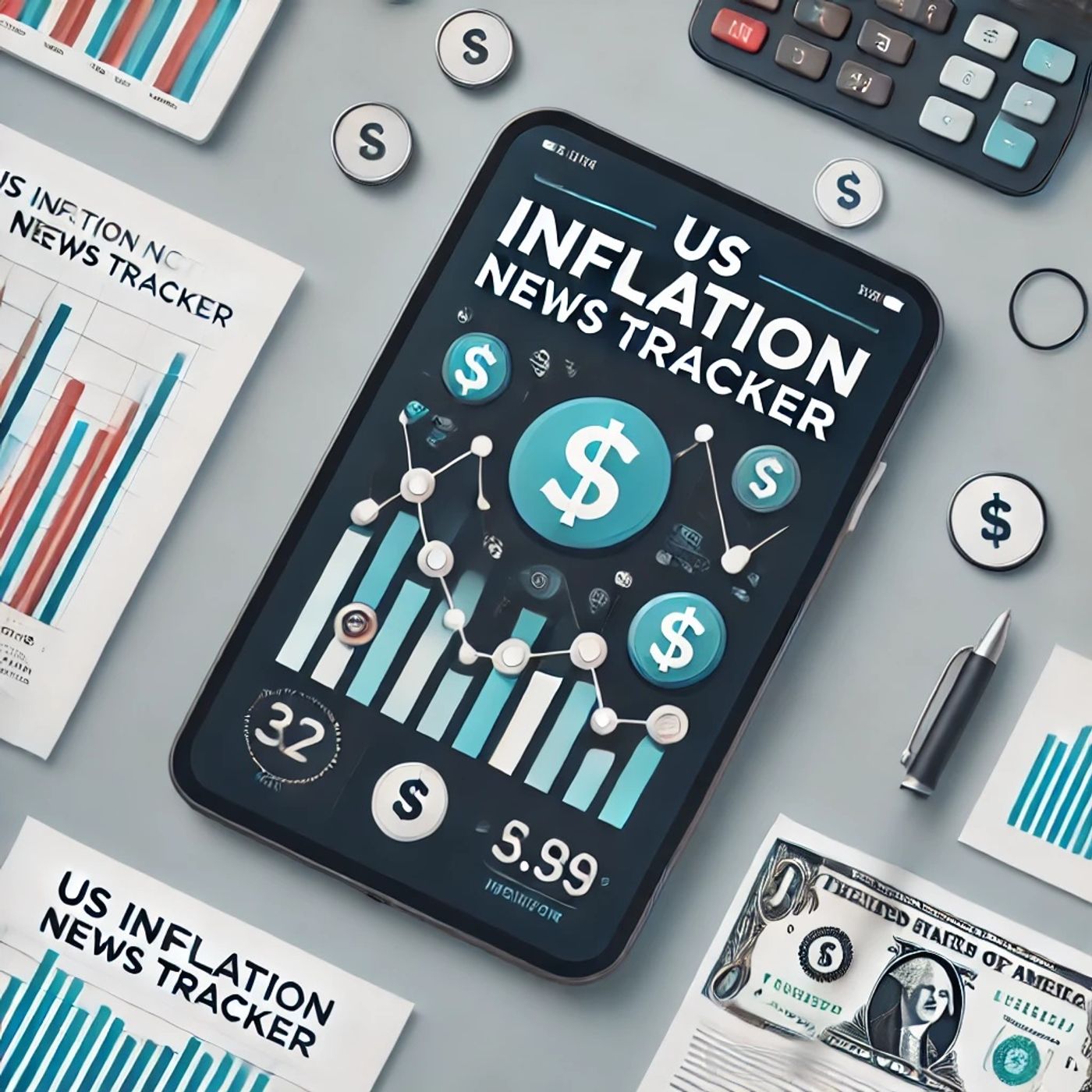Feb 02 2025 3 mins
In recent trade discussions, the issue of tariffs and their economic repercussions has become a focal point, particularly with comments from Klaas Knot, a member of the European Central Bank's (ECB) governing council. Knot recently stated that the new tariffs imposed by the U.S. could act as a catalyst for a trade war, a scenario that typically results in negative outcomes for all involved parties.
The imposition of tariffs by the U.S. administration has sparked widespread concern among economists and policymakers, as such measures have historically led to a series of retaliatory actions between nations. These retaliations, often dubbed trade wars, have the potential to disrupt global trade flows. Knot emphasized that in a trade war, there are no true winners; all countries suffer economically due to reduced trade activity, increased costs of goods, and strained international relations.
Knot’s remarks are a clear warning of the possible inflationary pressures that could arise from an escalating trade war. When tariffs are imposed, the cost of imported goods rises, which can, in turn, lead to higher prices for consumers and businesses in the form of inflation. This scenario poses a significant challenge for central banks, like the ECB, which must navigate the dual objectives of fostering economic growth while managing price stability.
Inflation, already a concern in many economies, could see further upward pressure if a trade war develops. Central banks may have to adjust their monetary policies to address these inflationary trends, potentially increasing interest rates to keep inflation in check. However, this could also slow economic growth, compounding the negative effects of the trade war.
Beyond the immediate economic impacts, trade wars can also have longer-term implications for global trade relationships and economic alliances. Trust between trading partners can be eroded, leading to more protectionist policies and less cooperation on global economic issues. As nations seek to protect their own economic interests, the spirit of international collaboration that has facilitated global economic growth may wane, resulting in fragmented markets and supply chains.
Knot’s insights reflect the broader concerns about the direction of current trade policies and their potential to disrupt the global economic balance. As countries navigate these turbulent trade waters, the importance of dialogue and negotiation becomes paramount to avoid the pitfalls of a trade war and its inflationary consequences. The global economic community will need to weigh the costs of unilateral tariff actions against the benefits of harmonious and mutually beneficial trade relationships.
The imposition of tariffs by the U.S. administration has sparked widespread concern among economists and policymakers, as such measures have historically led to a series of retaliatory actions between nations. These retaliations, often dubbed trade wars, have the potential to disrupt global trade flows. Knot emphasized that in a trade war, there are no true winners; all countries suffer economically due to reduced trade activity, increased costs of goods, and strained international relations.
Knot’s remarks are a clear warning of the possible inflationary pressures that could arise from an escalating trade war. When tariffs are imposed, the cost of imported goods rises, which can, in turn, lead to higher prices for consumers and businesses in the form of inflation. This scenario poses a significant challenge for central banks, like the ECB, which must navigate the dual objectives of fostering economic growth while managing price stability.
Inflation, already a concern in many economies, could see further upward pressure if a trade war develops. Central banks may have to adjust their monetary policies to address these inflationary trends, potentially increasing interest rates to keep inflation in check. However, this could also slow economic growth, compounding the negative effects of the trade war.
Beyond the immediate economic impacts, trade wars can also have longer-term implications for global trade relationships and economic alliances. Trust between trading partners can be eroded, leading to more protectionist policies and less cooperation on global economic issues. As nations seek to protect their own economic interests, the spirit of international collaboration that has facilitated global economic growth may wane, resulting in fragmented markets and supply chains.
Knot’s insights reflect the broader concerns about the direction of current trade policies and their potential to disrupt the global economic balance. As countries navigate these turbulent trade waters, the importance of dialogue and negotiation becomes paramount to avoid the pitfalls of a trade war and its inflationary consequences. The global economic community will need to weigh the costs of unilateral tariff actions against the benefits of harmonious and mutually beneficial trade relationships.
